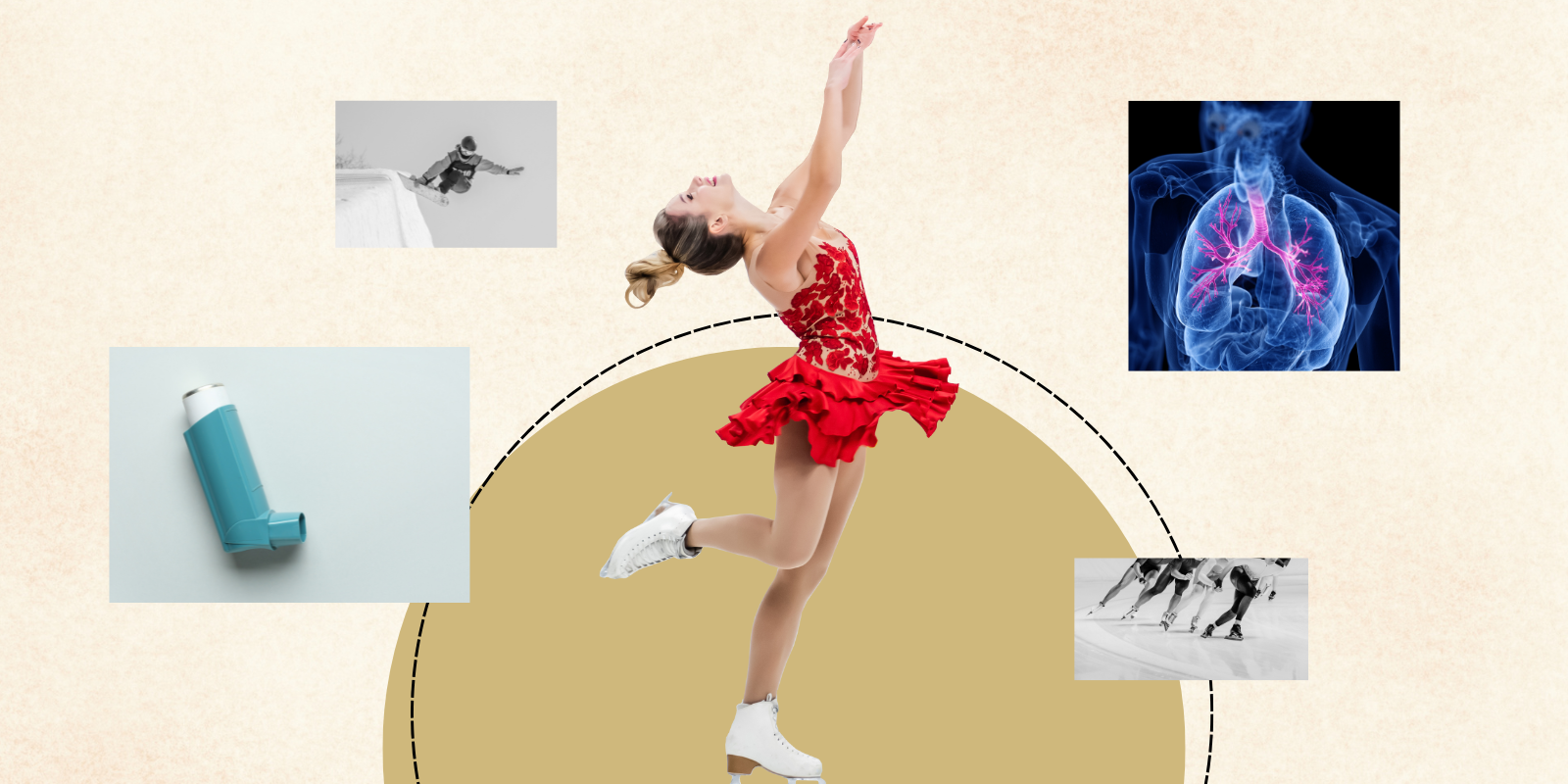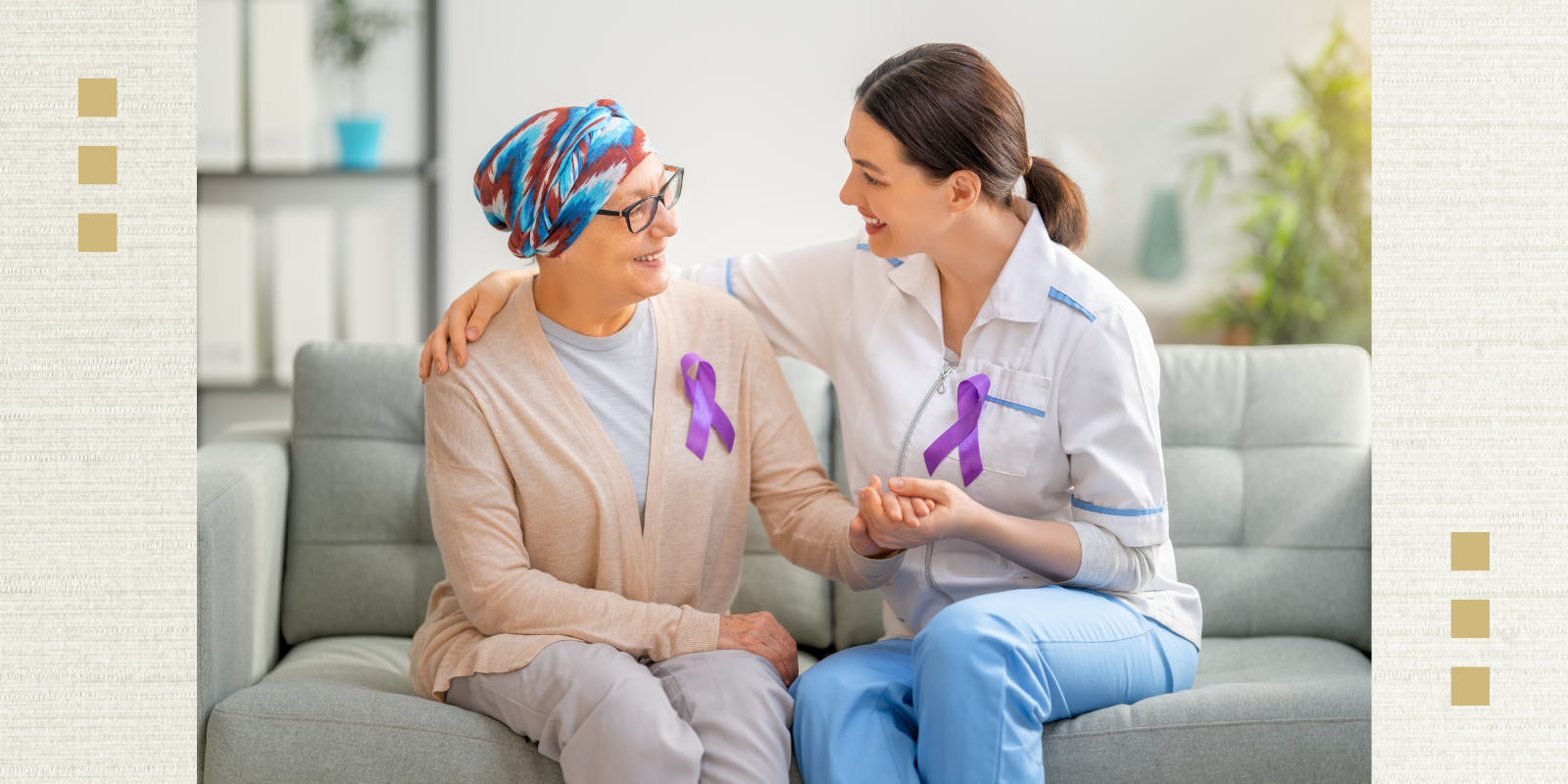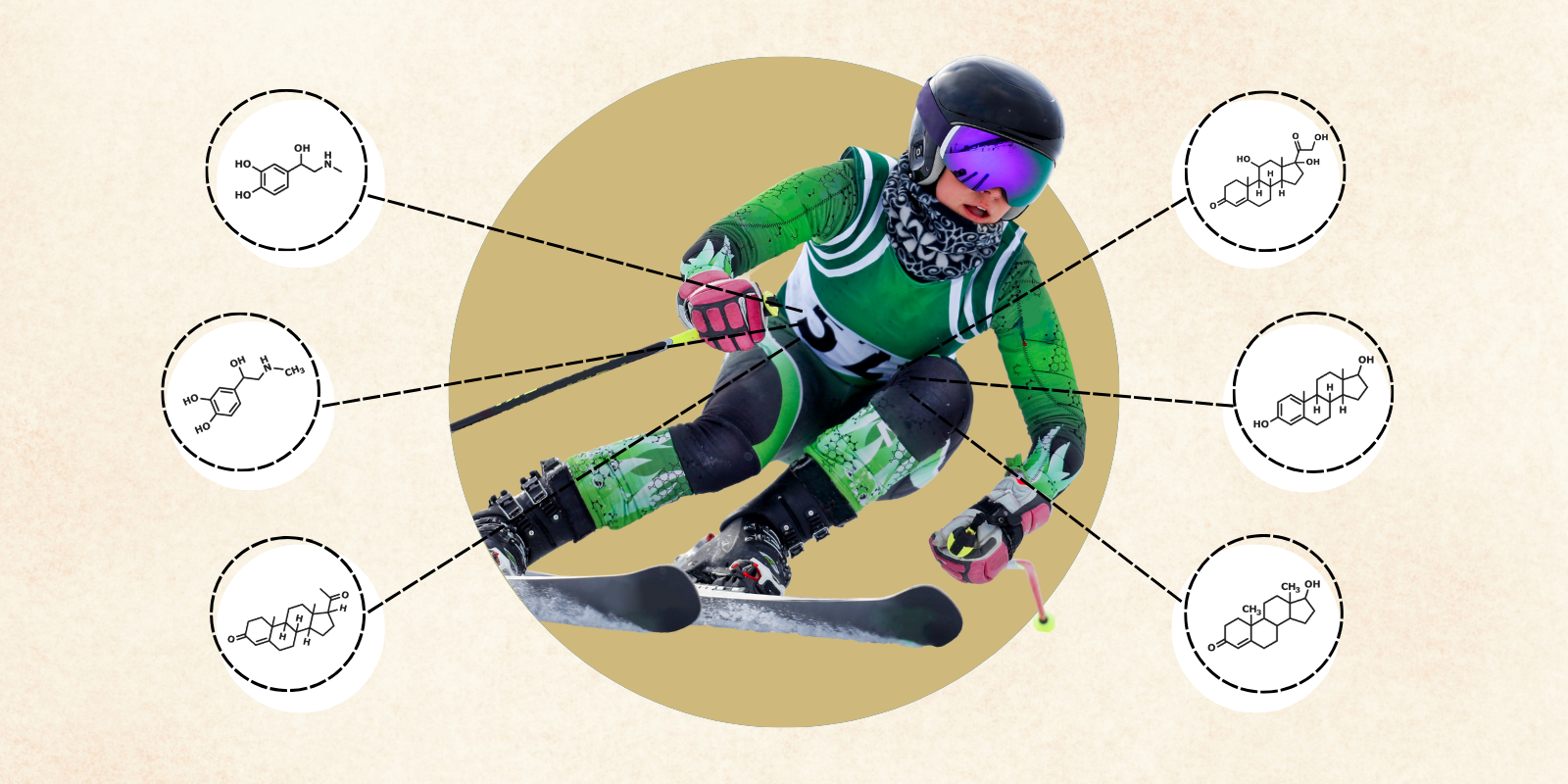How can a person identify an allergic reaction to food? How does it differ from a food sensitivity?
The classic symptoms that could indicate an allergic reaction are immediate symptoms. It should typically be within several minutes to an hour or so after eating. These symptoms usually are hives, swelling, difficulty breathing, nausea, and vomiting.
For food sensitivities, I’d say the most common patterns people report are stomach pains, diarrhea, and other gastrointestinal-type symptoms. Some of these can be more delayed after eating.
What should someone do if they think another person is having an allergic reaction to food?
For patients who know they have a food allergy, they should always be carrying an EpiPen, which is an auto-injector that administers the medicine epinephrine to treat a severe allergic reaction called anaphylaxis. That’s the first thing to do if you’re worried they are experiencing a severe allergic reaction, because it’s never wrong to treat with epinephrine.
If they don’t have an EpiPen, then call for further medical attention and try to do the best you can with whatever is available. If there are antihistamines, which are medicines that relieve allergy symptoms like Benadryl, Zyrtec, or Allegra, giving that to the person may help, but this is not a replacement for epinephrine treatment.
Do you think the prevalence of food allergies is on the rise?
It is hard to know for certain the accurate prevalence of food allergies at this time. Many of the surveys that try to quantify rates of food allergies are based on patients self-reporting if they have a food allergy, so the information may not be totally accurate. For instance, some people may think they have a food allergy, but really, they have a food sensitivity that may cause certain symptoms but will not cause severe allergic or anaphylactic reactions. Therefore, an increase in prevalence may, in part, be due to an increased mislabeling of food sensitivities as food allergies.
Also, the general public’s awareness of food allergies has likely increased over the years, which could increase the recognition and diagnosis of food allergies, as well as concern for food sensitivities.
What are the most common food allergies you see?
The nine most common food allergies are milk, eggs, peanuts, soy, wheat, sesame, other tree nuts, fish, and shellfish.
Of those, I tend to see a bit more milk, egg, peanut, and tree nut allergies, and then, to some extent, fish and shellfish. Sesame is really on the rise as well — we’re getting more and more of that.
What advice do you give to patients with severe allergies on how they can stay safe while maintaining a social life?
We don’t want patients to have to alter their life more than they need to. Their food allergy shouldn’t prevent them from spending time with friends and family, going out to eat, or traveling.
We try to instill in them the precautions they need to take. That includes being very clear about what foods they’re allergic to and having those discussions when they go out to eat, as well as ensuring as best they can that there aren’t any contaminants in their food.
It’s become more challenging now because I think some restaurants have a hard time knowing if a person has a food sensitivity, preference, or allergy. Clearly communicating to staff that you have a life-threatening allergy is important.
There are some people with food allergies who will have a reaction to smaller amounts of the certain food they are allergic to, whereas others have a bit more of a buffer. Knowing your threshold is helpful so you can know the extent of what precautions you need to take. The challenging part is that allergic reactions are not always predictable. Different factors can result in a more serious reaction, and the threshold can change.
Take all the precautions you can, but also know that there may still be times where there are accidental exposures. The best thing to do is immediately treat yourself if there is any reaction. We emphasize to all our patients that they should always have their EpiPen with them because you never know when that reaction could happen.
For patients who have a really severe food allergy, do you ever advise that they avoid going to restaurants?
It really depends on the patient. If a patient is having an allergic reaction very frequently when they go to a restaurant, then I think perhaps I’d have a conversation about backing off on that for their safety. We would also explore possible reasons for these reactions and if there are additional precautions we can consider to make eating out safer.
The fortunate thing now is we have more treatment options to help those patients who are more prone to reactions. There are approaches like oral immunotherapy, where we have the patient eat a little bit of what they’re allergic to as a way to build up more tolerance. There is also a new injectable medication that’s approved for food allergies called omalizumab. Being on that injection on a regular basis can potentially increase their threshold for how much they would have to be exposed to the food before they have a reaction.
So, I’d say we do have options to open up opportunities for them to go out and not have to restrict so much.
If a person with a food allergy is given food at a restaurant that they suspect may not actually be allergen-free, what tips do you have on how they should voice their concerns?
It can be challenging, but your health is the most important thing. In the case of these anaphylactic food allergies, it really could be life-threatening. You just have to be comfortable voicing those concerns to staff.
Though not ideal, if concerns that the food is not allergen-free are not adequately addressed, the best option may be to not eat the food. In these types of situations, having back-up food on hand can be helpful.
What safety measures do you think there should be at restaurants to help protect people who have food allergies?
There should be an understanding of the fact that there is the possibility of cross-contamination. That is a concern. If a customer requests a milk-free meal due to an allergy, it’s important to make sure the staff are using clean utensils to cook the food, as opposed to just saying, ‘We didn’t add milk in, but we may have used that same pan earlier to cook something that had milk in it.’
In general, it’s critical for people to take it seriously when someone reports having a food allergy. You never know if someone may be exaggerating or confusing an allergy with food sensitivity, so you have to take them by their word and make sure there are not any exposures that could be harmful.





